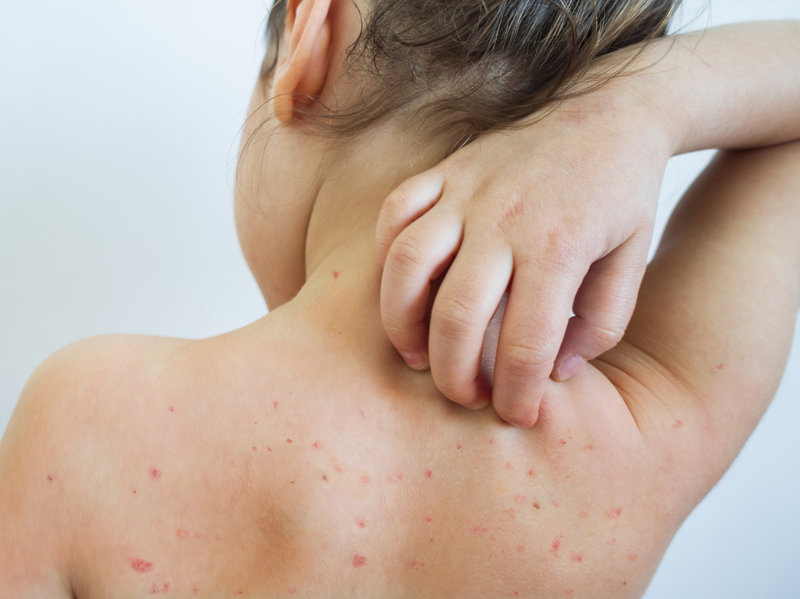Measles Outbreak Scares New Yorkers
May 6, 2019
Though 2019 is still young, it has been nothing short of controversial. From the Mueller Report to the College Admission Scandal, there has been much to talk about. Included in these issues lies arguably one of the most dangerous: anti-vaxxers. These skeptics have refused vaccines for themselves and their children, and have resurrected a deadly disease that was thought to have been gone for good.
Measles, a virus that was officially declared eliminated by the U.S. government in 2001, has made a comeback in shocking numbers. As of April 26th, 2019, the Centers for Disease Control and Prevention have reported 704 cases of the disease this year. Yet there were only 120 documented incidents in 2017. For the entire year. The data may sound complicated and distant, but this situation hits very close to home for Ossining residents.
Westchester’s neighboring county, Rockland, has experienced an outbreak of Measles, affecting over 200 people. Areas in Brooklyn have also been plagued, reportedly infecting 409 residents from Borough Park and Williamsburg. Local officials have declared public emergencies in both areas, leading to actions as drastic as shutting down Orthodox-Jewish schools that unvaccinated students were attending. These wild statistics should be alarming to any New Yorker worried for their health and safety, but why has this increase in anti-vaxxers occurred?
These dangerous and seemingly random outbreaks are caused by a craze, fueled by false facts and the incredible power of social media. Based on a 1998 study, conducted by Andrew Wakefield, linked the MMR (measles, mumps, and rubella) vaccine to autism. This report has been widely denounced by many sources as research is now showing that Autism develops in utero, but the misinformation is still spreading like wildfire.
Tight-knit religious groups like Orthodox Jews in Brooklyn or Somali-Americans in Minnesota tend to be the victims of these myths. These communities are exposed to similar news and information, leading them to form alike opinions on topics, like vaccines. This causes areas to be below the herd immunity threshold, which is when a group of people has enough members vaccinated in order to kill the virus before it spreads to members that are not medically capable of taking proper immunizations. If the number of people vaccinated does not reach this threshold, there can be an outbreak.
The act of not being vaccinated is questionable, but still not illegal. Most states allow religious, and even philosophical, exemptions from immunizations, and skeptics tend to use this as a way out of what they consider a risky situation. These regulations are the gateway for recent Measles outbreaks, for civilians can simply say “no” to a staple in our nation’s health. Washington has recently issued a bill for these exceptions to be banned, but the legislature has not been agreed on yet.
The “Anti-Vaxxers Movement” has made a comeback in the past couple of years, and this has sprouted from fear and incorrect information. The fast-paced spread of news, caused by social media, has forced these negative statistics to be higher than ever in recent years. Measles has once been stopped, so it is up to us to make the smart decision, get a vaccine, and save our nation’s health.



